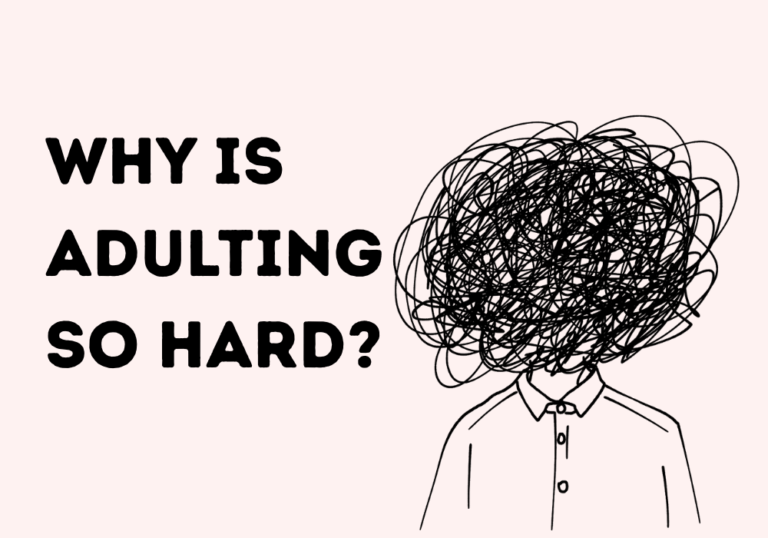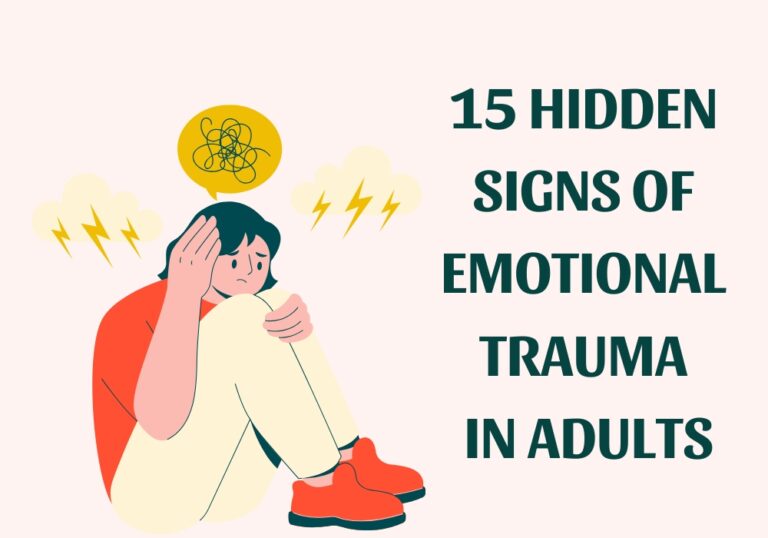Feeling Restless And Unmotivated:
Being restless means you feel the need to constantly move, can’t calm your mind, or both. It can also come with hyperactivity, anxiety, palpitations, agitation, or not being able to sleep (insomnia).
Being restless means being unmotivated and having trouble focusing on or completing tasks. For example, when you’re restless you may find yourself unable to focus on anything for very long and find yourself unable to get anything done. Other times, being restless means feeling anxious or nervous without knowing why. For example, you may feel restless and anxious when you’re at home, but when you’re at work you feel perfectly fine.
Sometimes people feel restless when they’re unmotivated. When you don’t feel like doing anything, you’re often said to be “too restless to sit still.” This isn’t the same thing as feeling anxious instead, it’s a kind of low energy and a lack of motivation. Sometimes people use the word “restless” to describe being unable to relax or unable to stop moving.
12 Common Reasons for Feeling Restless And Unmotivated :
1-You Don’t Have a Clear Goal:

It is hard to stay motivated when you don’t have a clear goal. It would be helpful to have a goal that you could see yourself achieving. Once you have this goal in mind, you will be more motivated to work towards it. If you don’t have a clear target, it becomes much more difficult to stay on track and push yourself. Having a good aim will help keep your motivation strong, as well as see the progress you’re making towards your goal.
To increase your likelihood of success, set small goals that are both manageable and challenging.
Related:How To Set Goals and Achieve Them ?
2-Pursuing many goals at once:

People who say that we can achieve anything we want in our lives do not mean that we can achieve all things simultaneously. If we have multiple goals, we need to achieve them one at a time. Working on too many things simultaneously can lead to feelings of restlessness and dissatisfaction. It is important to choose your goals wisely and to avoid multitasking if possible. Doing things one at a time will lead to greater success.
3-Not Getting Enough Sleep:

Not getting enough sleep can make you feel restless and unmotivated. Make sure you get enough sleep each night so you can feel more energetic and motivated during the day. When you don’t get enough sleep, you’ll be tired during the day, you won’t be able to focus, and you won’t want to do anything.
Related:Sleep Deprivation: Symptoms, Causes, & 10 Effects
Related:Insomnia :Symptoms ,Causes and Types
4-Lack of Self-Confidence:

When you find yourself up against failure and all the odds seem stacked against you, it is natural to question your ability to do the job. The best way to overcome this is to make a list of your past successes, no matter how small. Not only will this help you when you’re in a difficult situation, but it will also help you not doubt yourself as much in the future.
Remember your abilities and focus on them. Remind yourself of your skills and the things you know that others don’t. Try to always view yourself as an inspiration and remain confident in your abilities.
Related:20 Ways to Practice Self-Love and Be More Confident
Related:Low Self-Esteem Causes, Signs, & 10 Ways to Cope
5-Fear of failure:

Failure is not something to be feared. What should be feared is the absence of progress. It is easy to be afraid of a certain outcome and to let that fear prevent you from making progress, but you must look beyond the uncertainties and move forward.
If you want to be happy and successful in life, you must learn to face your fears and live your life to the fullest.
Related:How To Overcome Fear ?
Related:7 Important lessons that you can learn from failure
6-Burnout:

When you are emotionally, physically, and mentally exhausted from chronic stress, you have burned out. This can also happen when you are pursuing a goal and do not achieve it. The main cause of this situation is trying to do something too quickly or working overtime, this generates too much stress.
When you find yourself in these situations, you become restless, So, it is essential to get enough rest, and this is only possible if you have a good schedule. Do not take on too much stress as it will only make the situation worse and decrease your performance.
Related:How to Avoid Burnout ?
7-Feeling Overwhelmed or Stressed:

Feeling stressed or overwhelmed can contribute to feelings of tiredness or lack of energy. Oftentimes, laziness or lack of priority can cause our responsibilities to pile up, resulting in stress. Consequently, our mind is not relaxed, using up more energy, and we end up struggling to sleep.
Related:Stress :10 Ways to Manage and reduce it
8-Unhealthy Or Unbalanced Diet:

The food you eat affects your body. What you eat can affect how you feel – good quality food can make you feel energized while bad quality food can make you feel sluggish.
9-Being Dehydrated:

If you are dehydrated, it means you do not have enough fluid in your body, which can cause symptoms like headaches, cramps, dizziness, and fatigue. Water comprises the majority of our bodies, so it is no surprise that not getting enough water can lead to tiredness.
10-No Exercise:

When we exercise, we burn the calories we consume and become more active and fit. If we don’t do anything, we’ll end up feeling sleepy and lazy all day.
Exercise has been linked with several benefits for mental health, such as reducing stress and promoting a positive mood. Getting a sufficient amount of exercise can help ward off feelings of restlessness and lethargy, which are common symptoms of not getting enough exercise.
11-Comparing yourself to others:

You always look at other people and read about them, wishing you had a life like them. If you find yourself repeating this action, think about how fortunate you are to have what you have in your life. Don’t be so hard on yourself.
12-You feel like everyone is against you:

You might not realize this, but the reason you feel bad about yourself is because of your thoughts about other people, not because of your thoughts about yourself
We sometimes make assumptions and think that other people are thinking certain things about us, even when there is no evidence to support that. If you find that the world is against you, it is not because they are out to get you. It is because you have created these situations in your mind.








